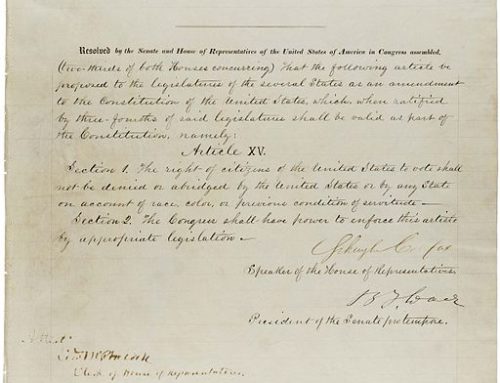On Sept. 14, in response to protests by thousands of Japan’s people, the country’s national policy minister, Motoshisa Furukawa, announced: “We will introduce policies to bring down nuclear power generation to zero within the 2030s.”
Japan’s abandoning nuclear energy will increase its reliance on expensive imported liquid natural gas, a climate-warming fuel.
Almost 18 months ago, Japan suffered a “black swan” disaster — an earthquake larger than seismologists thought could happen, leading to a tsunami too big for the country’s sea walls, ultimately resulting in a nuclear-power disaster. Thousands of residents near a plant in Fukushima were evacuated and now live miserably. Hundreds died.
The Fukushima cleanup could cost up to $250 billion over the next decade and has forced Japan to abandon a large section of its countryside.
Faced by intense populist demonstrations, Japan announced a new energy goal, the “Revolutionary Energy and Environment Strategy.” It is to close reactors more than 40 years old, not build any new reactors, and allow reactors to restart only if they meet new standards.
Is it possible Japan could one day abandon its new policy to phase out its reliance on nuclear power? This “policy goal” is not binding on future governments. And in what can only be seen as hypocritical, Japan said it will continue work to complete three new nuclear power reactors.
Public opinion polls showed that support for nuclear power declined worldwide in the aftermath of Fukushima’s meltdown. In addition to Japan, Germany, Italy and Switzerland plan to eliminate nuclear power generation. These countries will emphasize other renewable energy sources, including solar, geothermal, bio-fuels, water and wind. French President Francois Hollande promises to cut the share of nuclear power from 75 percent today to 50 percent by 2025.
Before the accident, Japan relied on nuclear power for 30 percent of its electricity; 60 percent came from fossil fuels. Renewable-power sources accounted for less than 10 percent.
All of Japan’s nuclear reactors were shut down last year and only two have been restarted so far. LNG imports are so expensive that three of Japan’s electrical utilities might file for bankruptcy. In addition to the burden of higher fuel costs, Japan may not have the generating capacity to meet its peak energy requirements.
The challenge for Japan is to ramp up renewable energy economically. By 2030, Japan plans to triple renewable energy’s power-generation share to around 30 percent, Hirofumi Kawachi, an energy analyst at Mizuho Investors Securities, told Bloomberg News. “To eliminate nuclear power by the 2030s, we will need breakthroughs in renewable and energy-efficient technologies. The policy says nothing about what to do if there aren’t enough breakthroughs.”
Business leaders have argued that shutting down nuclear power plants will doom the country to a dismal economic future because it will increase Japan’s manufacturing costs to uncompetitive levels. The country has suffered economic stagnation since 1989. Its ratio of public debt to gross domestic product is 225 percent, the highest of any major country. Economists warn that Japan could suffer trade deficits for the foreseeable future.
In 2011, the $60 billion annual LNG costs led to Japan’s biggest annual trade deficit, according to Institute for Energy Economics. Japan’s increased reliance on fossil fuels has increased its greenhouse gas emissions. The Federation of Electric Power Companies of Japan estimates replacing nuclear power raises its carbon-dioxide emissions by 5.5 percent.
Reliance on nuclear power remains controversial. On one hand, some environmentalists favor it because it has a zero carbon footprint. On the other hand, even though all plants have been upgraded, nuclear plant disasters will continue to risk nuclear contamination.
Originally published in the Sarasota Herald-Tribune



